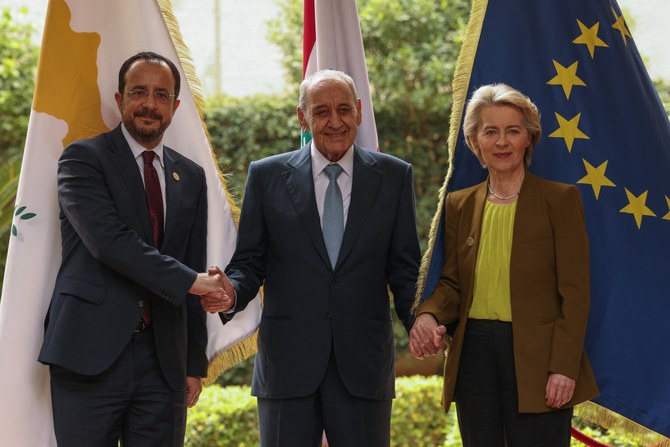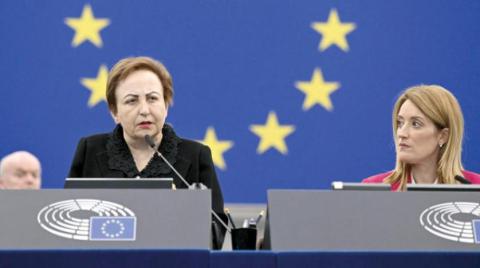
Requests to OPEC from the White House are nothing new when oil supplies are tight or the oil market is broken. Presidents George H.W. Bush, Bill Clinton and George W. Bush all asked OPEC to increase production when markets were tight. Former President Donald Trump famously pushed OPEC+ to drastically reduce production when oil markets were broken and WTI turned negative at the outset of the COVID-19 pandemic. On Wednesday, US President Joe Biden asked OPEC+ to open the taps wider.
Biden’s concern are prices at the fuel pump, especially as the US “driving season” is now in full swing. People are crisscrossing the country again for the first time since the pandemic brought economic activity to a virtual standstill in April 2020.
The US government, like any other, has the interests of its country at heart and Biden, National Security Adviser Jake Sullivan, and National Economic Council Director Brian Dees are worried about inflation stemming from skyrocketing commodity prices. Dees even went as far as canvassing Federal Trade Commission Chair Lina Khan to use all available tools to counter oil price fluctuation. All of this has to be seen in the context of President Biden’s promise to the electorate that he would keep prices at the pump affordable.
In the case of Sullivan, his concern may also be a reflection of the Iran nuclear talks progressing more slowly than anticipated, which means that up to 1 million bpd will hit the market later than expected. At the same time, US shale producers are coming back more slowly than expected.
So, looking at the situation from the vantage point of the White House, one can understand the discomfort over high gasoline prices. Oil markets are arguably very tight and little respite is in sight. One can also understand the concern that rising commodity prices might stifle post-pandemic economic recovery.
OPEC+ consists of 23 sovereign nations, each of which — just like the US administration — has to put its own national interest, the balancing of its national budget, and the welfare of its people and economy first.
Cornelia Meyer
From the perspective of OPEC+, however, things may look different: The organization’s members incurred considerable economic losses when they cut production by 9.7 million bpd in April last year — easily the darkest month in the history of oil. No member nation has suffered more than Saudi Arabia, which, at the beginning of this year, made an additional voluntary cut of 1 million bpd in order to stabilize oil markets.
Six months on, the situation looks different: The virulent delta variant still threatens economic recovery east of Suez, however, the US and other countries with high vaccination rates are experiencing healthy economic growth. During last month’s ministerial meeting of OPEC+, the organization decided to add 400,000 bpd each month, which would restore the production of OPEC+ to pre-pandemic levels by the middle of 2022 and add 2 million bpd — or roughly 2 percent of global production — by the end of this year.
The US administration argues that this is too slow. That may be true looking at things through the American lens and given how tight markets are. However, OPEC+ has consistently taken a cautious approach to rebalancing the markets, as Saudi Energy Minister Prince Abdul Aziz bin Salman has reiterated time and again. The prince wants to understand global trends with regard to the virus before acting.
A cautious approach is definitely warranted, because there is, as yet, no clear picture of how the delta variant will impact on the global economy. Several major economies, including China, India and Japan, have a low vaccination ratio, which is a reason for concern. Goldman Sachs reduced its demand forecast for China by 1 million bpd for the next couple of months. And these Asian juggernauts are key clients for many OPEC+ nations. On top of that, OPEC+ has inbuilt checks and balances. Members have agreed to meet on a monthly basis until the end of 2022 to reevaluate the trajectory of their production strategy. So they will next be taking stock of the global economic recovery at the beginning of September.
OPEC+ consists of 23 sovereign nations, each of which — just like the US administration — has to put its own national interest, the balancing of its national budget, and the welfare of its people and economy first. All 23 nations have already done a lot of the heavy lifting in order to restore oil markets that were essentially broken 18 months ago. Compared to April 2020, the current issues are nice problems to have.
• Cornelia Meyer is a Ph.D.-level economist with 30 years of experience in investment banking and industry. She is chairperson and CEO of business consultancy Meyer Resources. Twitter: @MeyerResources
Disclaimer: Views expressed by writers in this section are their own and do not necessarily reflect Arab News" point-of-view












